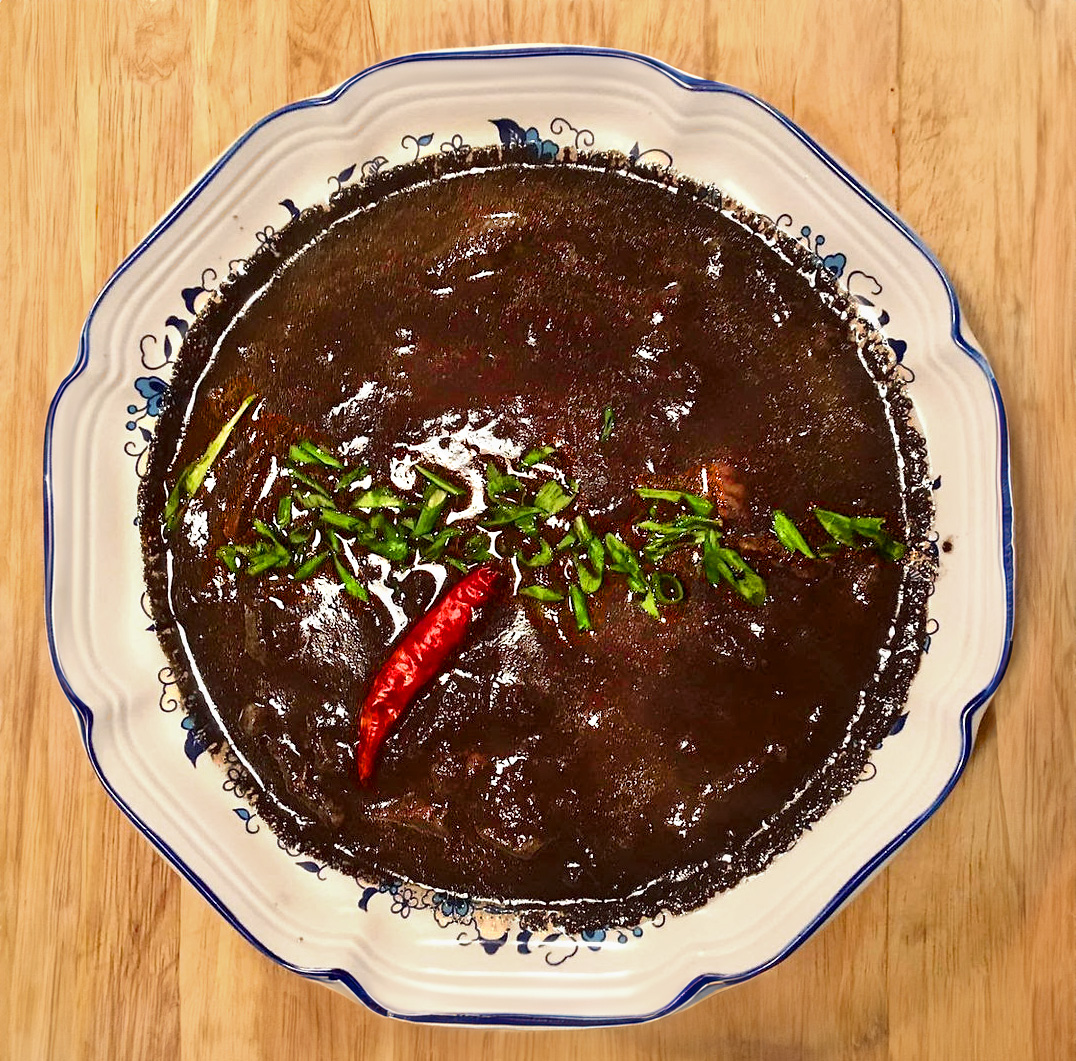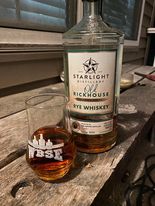Halloween month is here! A time for festive and fun Halloween recipes! Pumpkin soups, crescent rolled “mummy” dogs, candied apples, worm dirt puddings and so much more…But, if you really want to dip down and bring to the table the ghoulish (but seriously umamilicious!), here’s a indigenous recipe that dates back pre-16th century which is both in itself a trick and a treat!
Dinuguan, also known as “chocolate stew” or “blood stew,” is a popular Filipino dish that has a long history in Filipino cuisine. Its origins can be traced back to pre-colonial times in the Philippines when indigenous peoples were already consuming dishes made from pork blood. The Aetas, an indigenous group in the Philippines, are known to have used blood in their dishes.
Eventually, the Spanish colonization of the Philippines significantly impacted the ingredients and cooking techniques introduced by the Spanish, including the use of pork and the method of simmering ingredients in vinegar. It’s believed that dinuguan evolved during this period as a fusion of indigenous practices and Spanish culinary influence.
Dinuguan is a unique and remains a popular and cherished dish in Filipino culture. As gruesome it might sound to most cultures. Dinuguan in fact, is daily staple in the Philippine Islands and could be found everywhere, any day.
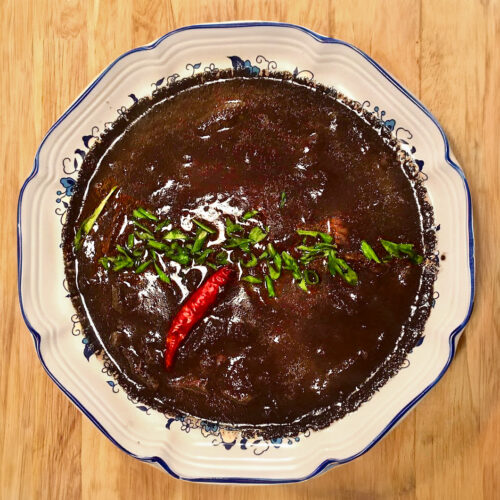
Dinuguan
Equipment
- 1 Medium Pot or use deep pan
- 1 Deep Pan or use medium pot
Ingredients
- 1 lb Pork Belly cubed
- 1/2 cup Pork Liver diced (optional)
- 1/2 cup Pork Intestines cleaned and diced (optional)
- 2 cups Pork Blood available at some Asian markets
- 1 large Onion chopped
- 8 cloves Garlic minced
- 2 tbsp Ginger minced
- 2-3 pieces Green or Red Chili Peppers sliced
- 2-3 tbsp White Vinegar white cane vinegar or what is available
- 2-3 tbsp Fish Sauce
- 1 shot Whiskey
- Chicken Broth as needed
- 1 tbsp Black pepper
- 3 pieces Bay Leaf
- 1 bouquet Lemongrass aromatics
- Cooking Oil as needed for sautéing
- Salt to taste
Instructions
- Heat a pot or a deep pan over medium heat, then add a little cooking oil
- Sauté the garlic and onions until the onions become translucent
- Add the pork belly and sauté until it turns light brown
- If you're using pork liver, intestines, or lungs, add them now and sauté until they are partially cooked and browned
- Deglaze the pan with whiskey
- Pour in the vinegar and let it simmer on low heat for a couple of minutes to allow the acidity to mellow down
- Add the pork blood while continuously stirring to prevent coagulation, keep stirring for a few minutes
- Add the bay leaves, black pepper, and fish sauce - continue to stir for about 5 minutes
- Add enough broth to cover the meat and blood mixture
- Simmer for about 20-30 minutes, or until the pork is tender and the sauce has thickened to your liking
- Add the chili peppers and cook for an additional 5-10 minutes - adjust the spiciness to your preference by adding more or fewer chili peppers.
- Season with salt to taste
- Serve your dinuguan hot
- Traditionally served with white rice or rice cakes (puto)
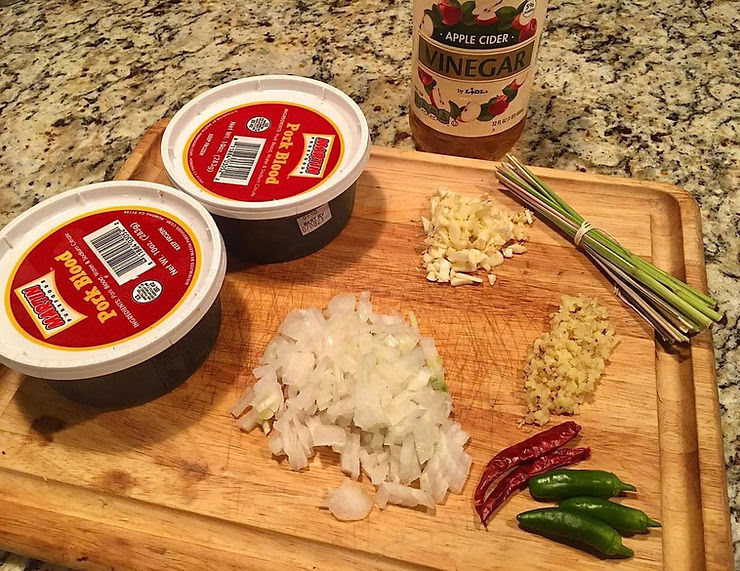
Interestingly, the earliest recorded history of the Black Soup according to the Wiki, dates back during antiquity in the Greek world, but no original recipe of the dish survives today in Greece. Black soup was a regional cuisine in Sparta and has been praised by figures such as the American revolutionary Benjamin Rush and the infamous Adolf Hitler.
Featured in Andrew Zimmern’s Bizarre Foods TV show, Dinuguan’s taste could be describes as rich and savory, velvety in mouthfeel, tangy and spicy. If you like tom yum, there’s a big chance you would love this.
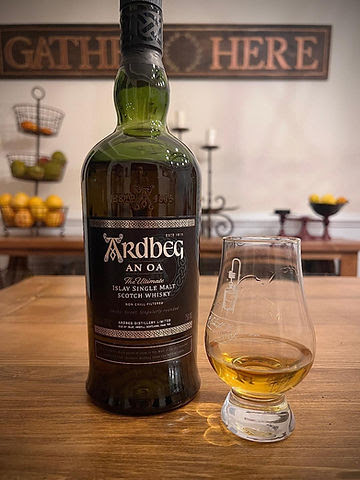
Recommended Digestif:
The cold haunting season is calling for peat! The smokiness and the fruity apricots and orange notes, make this dram the ideal complement to the bloody dish as an after-dinner pour.
Ardbeg An Oa
46.6 ABV

